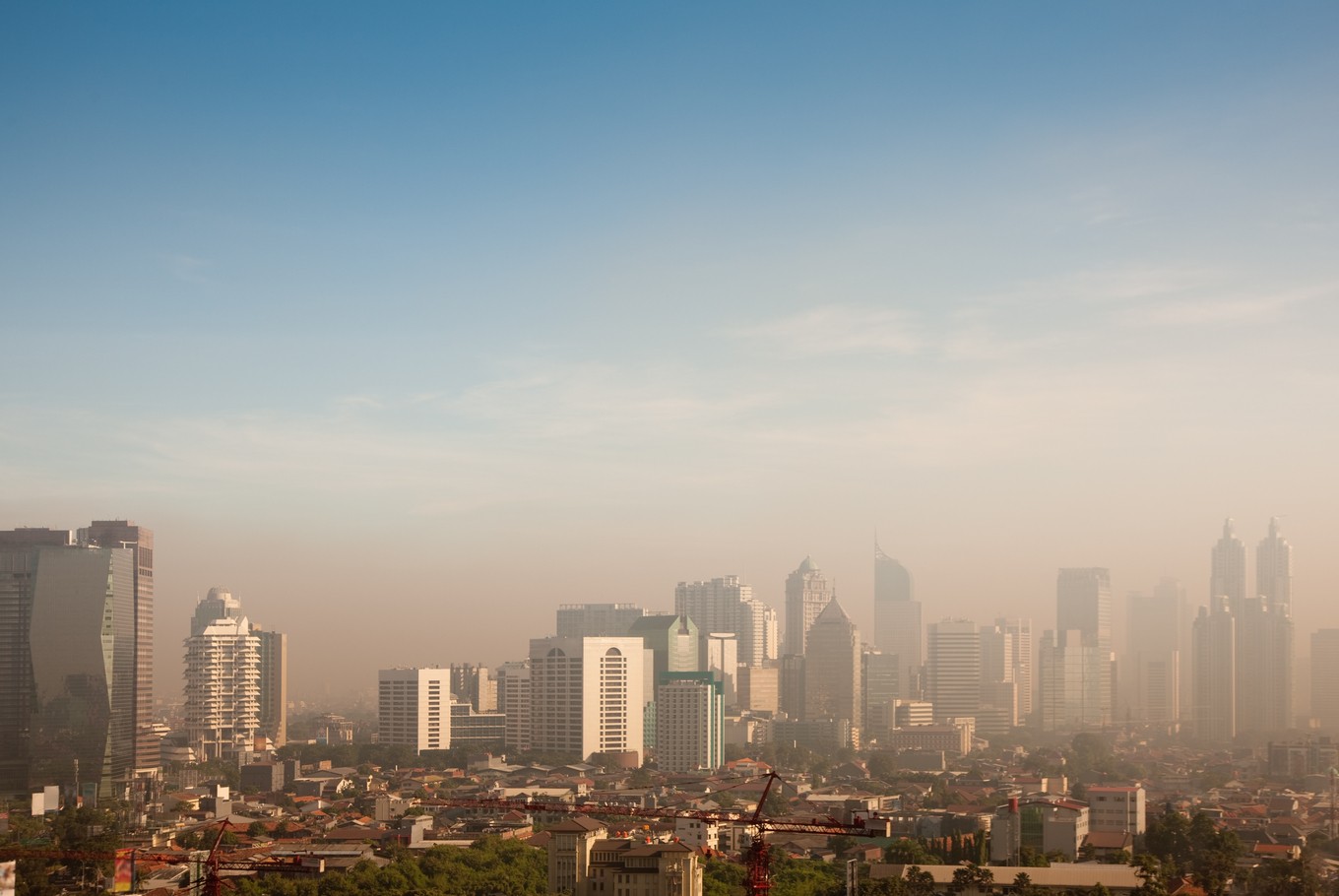Popular Reads
Top Results
Can't find what you're looking for?
View all search resultsPopular Reads
Top Results
Can't find what you're looking for?
View all search resultsEDITORIAL: Breathe, Jakarta, breathe!
With daily pollution usually in the range of 51 to 100 on the air quality index (AQI), Jakarta’s air is below the standard of 0 to 50.
Change text size
Gift Premium Articles
to Anyone
A
bout 10 months before Indonesia welcomes the Asian Games back after 56 years, the government may have overlooked the necessity to clear Jakarta’s air amid its hectic preparations for the largest sports event after the Olympics. With daily pollution usually in the range of 51 to 100 on the air quality index (AQI), Jakarta’s air is below the standard of 0 to 50, which is deemed necessary to help athletes perform their best.
Time certainly permits the government to take all possible measures to improve the air quality of the capital, which will host most of the medal events and, hence, most athletes and officials of the participating countries. The relevant ministries and Jakarta government agencies need to devise a pollution reduction plan sooner rather than later to fulfil our pledge to be a good host.
Fortunately, Beijing has taught us a lesson. Prior to and during the Olympic Games held in Beijing in 2008, the Chinese government undertook radical pollution-reducing measures, which included halving the number of cars allowed to travel in the city through an odd-even license plate number mechanism, closing coal-burning factories and suspending construction projects.
At the time, the Chinese government had no choice but to take tough action to meet the air quality standards set by the International Olympic Committee (IOC). China won praise from both the IOC and athletes, but more than that, the pollution reduction efforts paid off and to some extent helped the Asian giant excel in the Olympics.
Jakarta can replicate Beijing’s extraordinary environmental experiment, especially in reducing the number of vehicles. Car and motorcycle restrictions are already in place in Jakarta, but the city has to implement the policy more widely to make a considerable difference. To significantly cut carbon emissions from vehicles, the odd-even license plate number scheme should be enforced across the city.
Such a tough measure, if it materializes, will not only bring our blue skies back, but also facilitate the movement of athletes and the public who wish to watch the competitions or cheer on their favorite athletes.
The government may also consider a piece of advice from Ahmad Safrudin of the Committee for the Phasing Out of Leaded Fuel (KPBB), who calls for intensifying emission tests for vehicles on the city’s roads.
The question, as always, is the alternative for private vehicles, as none of the mass transportation projects — the MRT and light rapid transit (LRT) — will be ready for the public during the Asian Games, as originally planned. To help ease the traffic, the city administration can declare a two-week holiday for schoolchildren during the Games, as it did when Jakarta hosted the Southeast Asian Games in 1997 and 2011.
The upcoming Asian Games will therefore test Indonesia’s commitment to the environment. If it can make Jakarta’s air fresher during the games, it should do so on any other day.










